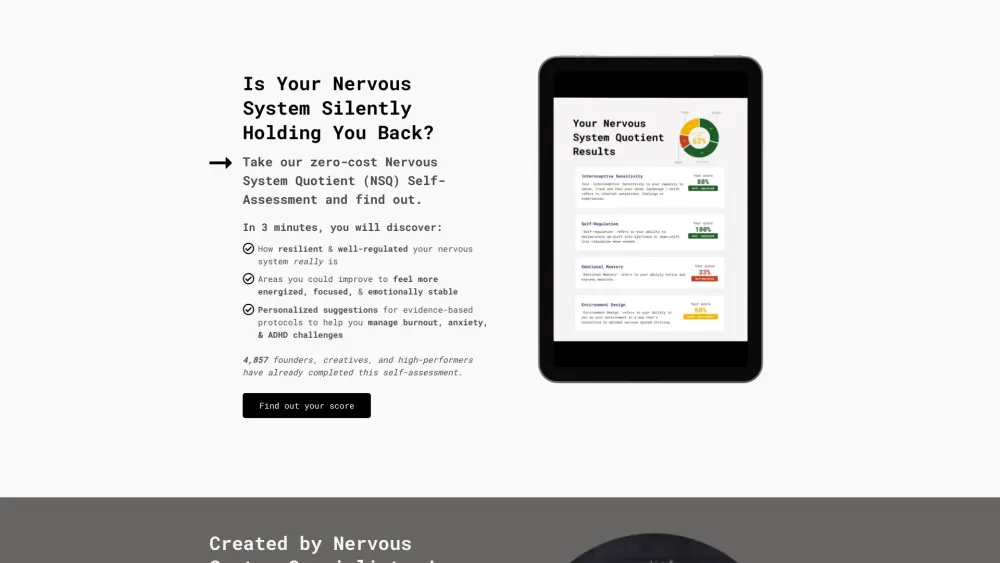India Cancels Requirement for Approval of AI Model Launches: What It Means for Developers and Innovation
Most people like

In today's fast-paced business environment, maximizing sales productivity is essential for success. An AI-powered sales productivity platform harnesses advanced technology to streamline sales processes, enhance team performance, and drive revenue growth. By automating repetitive tasks, providing valuable insights, and facilitating better customer engagement, this innovative solution empowers sales teams to focus on what they do best—closing deals. Join us as we explore how integrating AI into your sales strategy can transform your approach to productivity and deliver measurable results.

Create and share stunning content effortlessly with Writing.io. Unleash your creativity and elevate your writing experience today!

In today's digital landscape, capturing attention is more crucial than ever. An AI video generator for text and photos allows you to easily convert written content and images into captivating videos. This innovative tool streamlines the creative process, enabling you to engage your audience with stunning visual narratives. Whether you're a content creator, marketer, or business owner, leveraging an AI video generator can elevate your storytelling and enhance your online presence. Discover how you can turn your text and photos into compelling videos that resonate with viewers and boost engagement.
Find AI tools in YBX


